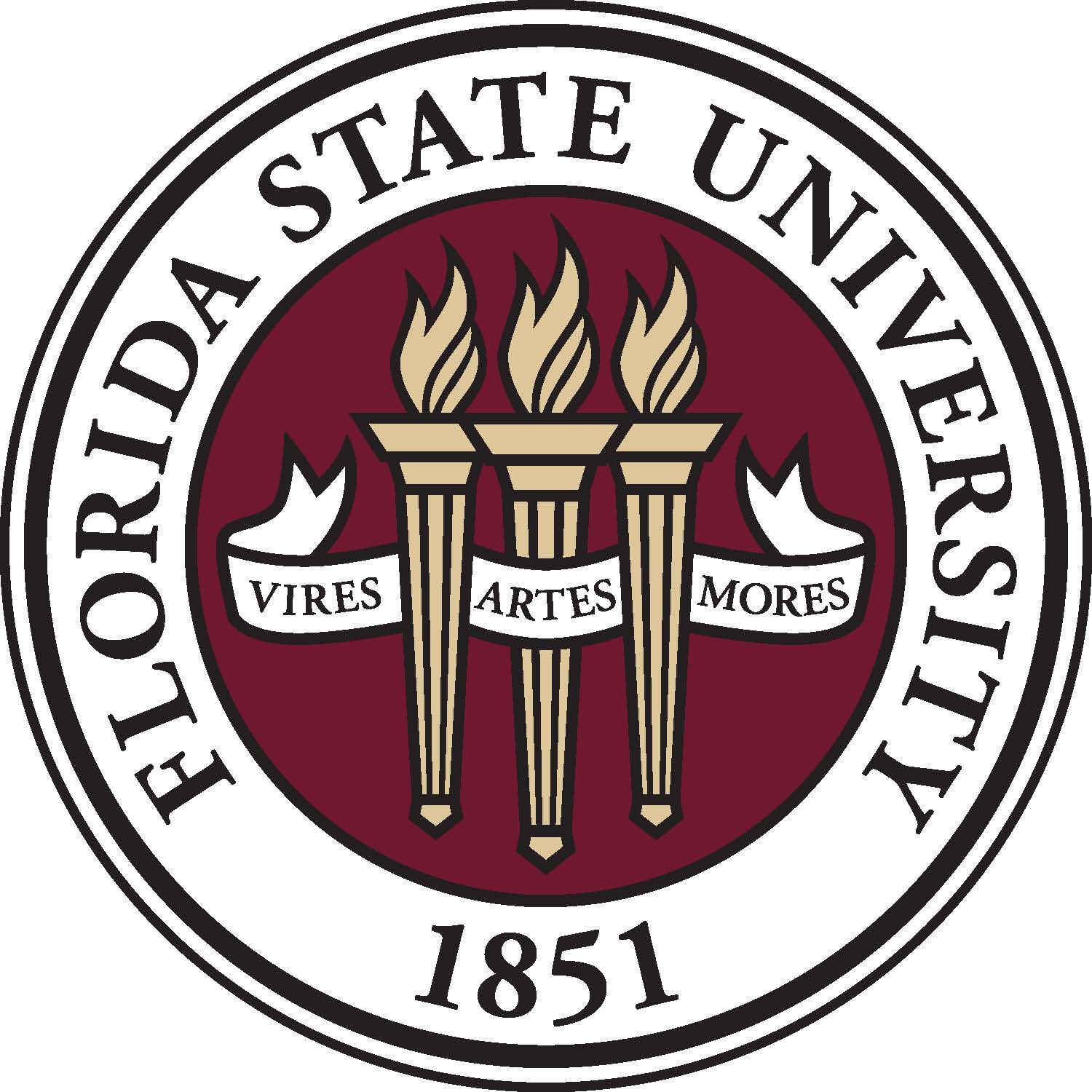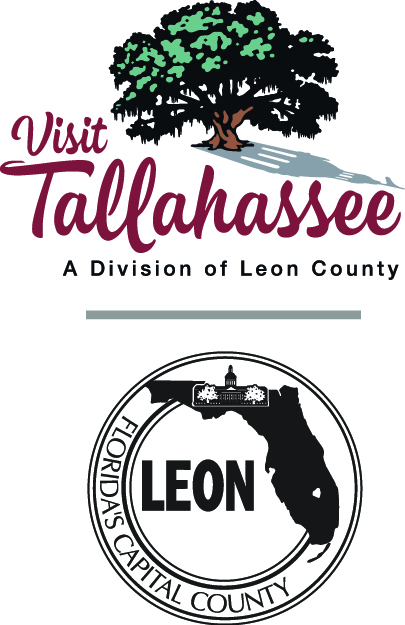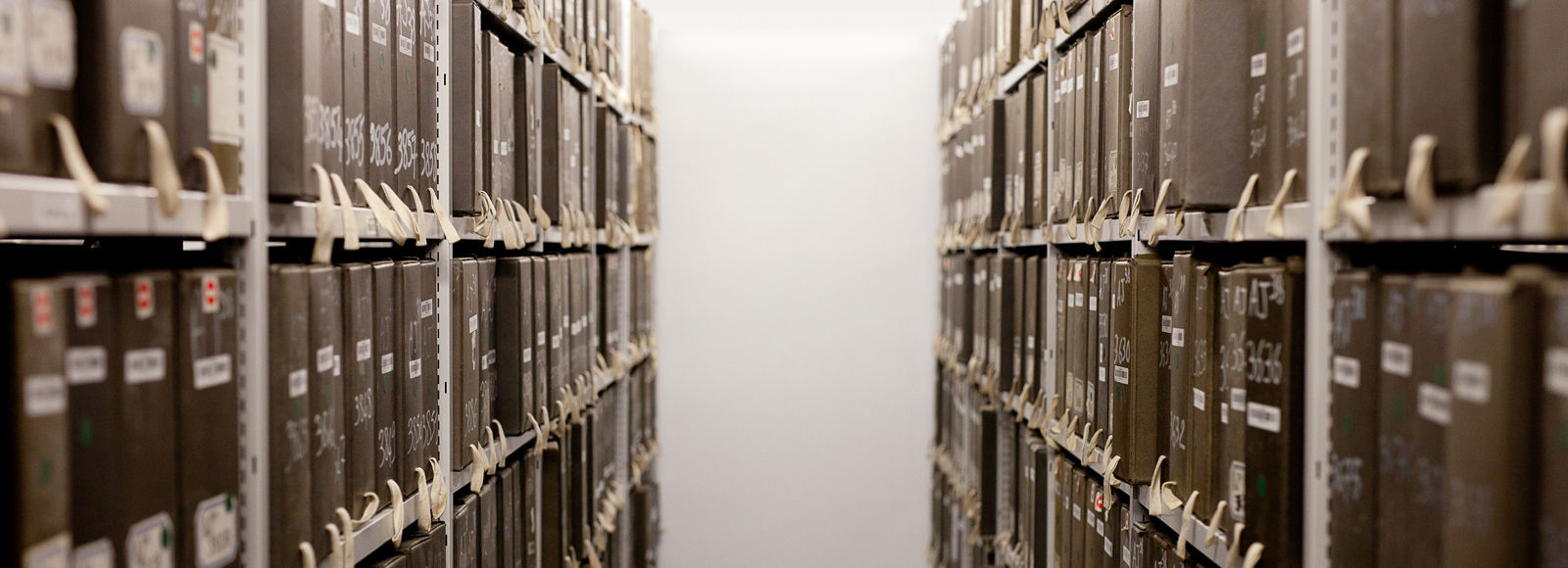State of the Field
A generation ago, the history of eighteenth-century France seemed like a growth field in the United States. Academic history as a whole was recovering from the job crunch of the 1970's, and undergraduate enrollments were robust. Thanks to the École des Annales, France set the pace for the discipline worldwide, with much of the most important work devoted to the early modern period. The French Revolution was widely seen as the key event ushering in the modern world. Today, alas, the situation looks very different. To those who research and teach in the field, and to prospective graduate students, eighteenth-century France looks as lively a place as ever. But academic history, along with the humanities in general, has suffered from falling enrollments and collapsing budgets, especially in the public sector. Within the discipline, work focused on Europe, and on anything other than contemporary history, has lost ground. The French historical school no longer commands the world-wide prestige it once did, and the French Revolution no longer seems so central to world history. Jobs in the field have not recovered from the crash following the Great Recession. Year to year, the market varies from anemic to disastrous.
What is to be done? How should the senior historians in the field, at research universities, and graduate students approach graduate education in the field? How many students should be admitted to study it, and with what backgrounds? How does training in the field need to change? Are there particular sorts of research subjects that students should be guided towards? New skills, methods and theories they should be learning? How can students best prepare for the challenges of the job market? What about careers outside of the traditional tenure-track professoriate? Are there ways that students and faculty at different universities can cooperate with each other to face these challenges? In our meeting, we hope to address all these questions, as well as any others that the participants want to bring up.
Conference Participants
David Bell (Princeton)
Nicole Bauer (UNC – Chapel Hill)
Rafe Blaufarb (FSU)
Janelle Bourgeois (Cornell)
Haley Bowen (U. Michigan – Ann Arbor)
Howard Brown (SUNY – Binghamton)
Tim Carapella (SUNY – Binghamton)
Paul Cheney (Chicago)
Lauren Clay (Vanderbilt)
Charly Coleman (Columbia)
Elizabeth Cross (FSU)
Clare Crowston (U. Illinois – Urbana-Champaign)
Oliver Cussen (Chicago)
Suzanne Desan (U. Wisconsin – Madison)
Valerie Diaz (U. Illinois – Urbana- Champaign)
Derek Ferguson (FSU)
Paul Friedland (Cornell)
Meredith Gaffield (Johns Hopkins)
Arad Gigi (FSU)
Ben Goff (FSU)
Dena Goodman (U. Michigan – Ann Arbor)
Netta Green (Princeton)
Julie Hardwick (U. Texas – Austin)
Kilian Harrer (U. Wisconsin – Madison)
Carla Hesse (California - Berkeley)
Jun Huang (U. Illinois – Urbana-Champaign)
Adam Hunt (FSU)
Katie Jarvis (Notre Dame)
Colin Jones (Queen Mary/Chicago)
Michael Kwass (Johns Hopkins)
Erik Lewis (FSU)
Dave Lunger (FSU)
Alice Main (Wisconsin)
Hannah Malcolm (U. Indiana – Bloomington)
Sarah Maza (Northwestern)
Cathy McClive (FSU)
Kathleen McCrudden (Yale)
Mathew McDonald (Princeton)
Judith Miller (Emory)
Nick O’Neill (Chicago)
Marina Ortiz (FSU)
Susannah Owen (Queen Mary)
Christy Pichichero (George Mason)
Emily Rap (Chicago)
Sophia Rosenfeld (Pennsylvania)
Alex Rowney (FSU)
Michael Ruiz (U. Illinois – Urbana-Champaign)
John Shovlin (NYU)
Richard Siegler (FSU)
Jay Smith (UNC – Chapel Hill)
Rebecca Spang (U. Indiana – Bloomington)
Paris Spies-Gans (Princeton)
Drew Starling (Pennsylvania)
Alex Taft (U. Texas – Austin)
Thomas Thomas (FSU)
Yotam Tsal (California - Berkeley)
Arianne Urus (NYU)
Anne Verjus (CNRS)
Steven Weber (UNC – Chapel Hill)
Samantha Wesner (Cornell)
Schedule of Events
Thursday, April 12, 2018
-5-7 PM Opening Reception on the 22nd Floor of the Capital Building
Friday, April 13, 2018
-8-9 AM Breakfast (College of Law, Room 103)
-9 AM-12:30 Session 1 “Researching and Teaching: The Future of the Field” (College of Law, Room 107) -Chair: Rafe Blaufarb
-Commentators: Paul Cheney, Suzanne Desan, Katie Jarvis, Sophia Rosenfeld
-12:30-1:30 PM Lunch (College of Law, Room 103)
-1:30-4:30 PM Session 2 “The Job Market: Challenges and Strategies” (College of Law, Room 107) -Chair: Julie Hardwick
-Commentators: Nicole Bauer, David Bell, Elizabeth Cross, Clare Crowston, Paris Spies-Gans
-6 PM Bus Transportation to dinner at Ed and Stacey Gray’s house
-6-10 PM Dinner chez Gray
Saturday, April 14, 2018
-8-9 AM Breakfast (College of Law, Rotunda)
-9 AM-12:30 PM Session 3 “Graduate Student Concerns” (College of Law Rooms, 103 and 107)
- Chairs: Thomas Thomas and Kathleen McCrudden (graduate students), and Rafe Blaufarb and Cathy McClive (faculty)
-12:30-1:30 PM Lunch (College of Law, Rotunda)
1:30-4:30 PM Session 4 “Teamwork: Graduate Advisors, Doctoral Students, and the French History Community” (College of Law, Room 103) -Chair: David Bell
-Rapporteurs: To be chosen by graduate students and faculty, respectively, in previous session
6 PM Bus Transportation to dinner at Rafe Blaufarb’s and Claudia Liebeskind’s house
-6-10 PM Dinner chez Blaufarb-Liebeskind
Sponsored By:





